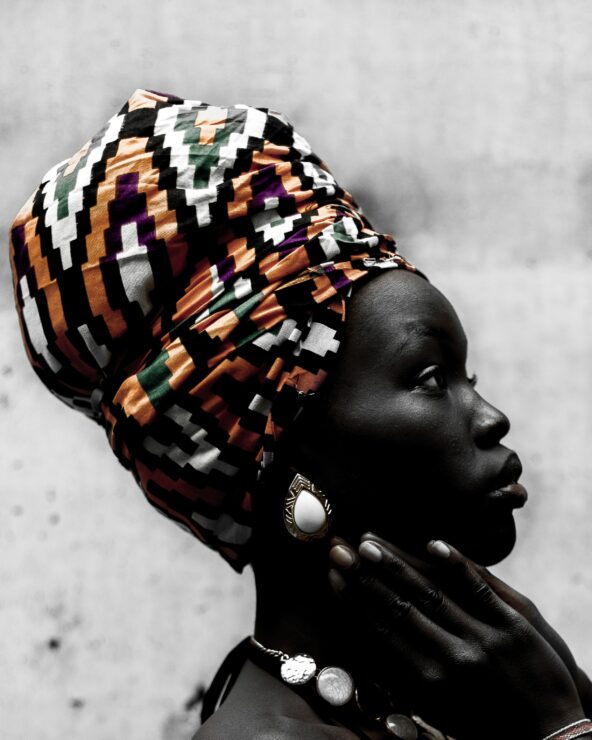“It is a reminder to all Canadians that racism is not a matter just of the past.”

February marks Black History Month, a month dedicated to celebrating the past, present, and future of Black Canadians. But how did Black History Month get started in Canada?
When it comes to Canadian history, many stories have been ignored or buried. Important parts of our country’s history often aren’t taught in schools, and some individuals are learning about these histories for the first time. And it is only recently that this is beginning to change, albeit very slowly.
In preserving these untold stories, as well as in making sure that people can learn about them, recognition is very important.
Black History Month in Canada can be traced back to 1926, when African American historian Carter G. Woodson proposed that a time should be set aside to honour the accomplishments of Black Americans and to heighten awareness of Black history in the United States. Official celebrations there began as only a week, eventually becoming a month in 1976.
It wasn’t until 1995 that Canada officially recognized February as Black History Month, owing to the hard work of the Honourable Jean Augustine, the first Black Canadian woman elected to Parliament, who introduced the motion to the House of Commons. And in 2008, Senator Donald Oliver, the first Black man elected to the Senate, introduced the Motion to Recognize Contributions of Black Canadians and February as Black History Month.
“An understanding of Black history was required in order to grasp the extent of prejudice and discrimination faced by Blacks,” said Senator Oliver about the importance of Black History Month in 2008.
“Black History Month in Canada is essential since it educates Canadians. Few Canadians know that slavery once existed in Canada, or that many of the British Loyalists who came here after the American Revolution were Black. They do not know that segregation was accepted in Canada well into the 1960s. It is a reminder to all Canadians that racism is not a matter just of the past.”
The BC Black History Awareness Society’s mission is to raise awareness of B.C.’s Black history by researching and archiving the stories and histories of past and contemporary Black figures. Silvia Mangue Alene, the president of the society, told the Martlet that the importance of Black History Month today lies in recognizing that Black people have been in Canada and in B.C. since around 1856, when they were invited here by Sir James Douglas.
“They were invited to come, and they came. These people were hard-working people. These people were skilled workers. And they did well,” said Mangue Alene. “It’s a legacy that contemporary Blacks are very proud of, because these are the shoulders that we stand on for us to continue being part of this society, belonging to this province, and contributing like we have been doing.”
Black History Month is a time in which Black history is highlighted, but the learning is not meant to be limited to just one month of the year. It is, for some Canadians, the birthplace of awareness and a starting point for growth.
“Black History Month is a time for reflection; it’s a time to think of our ancestors and their legacy, and how best we can carry this legacy forward as Blacks,” said Mangue Alene.
When asked about what she envisioned for Black History Month, Mangue Alene said, “I want a legacy of recognition. I want a legacy of people knowing that they were here and that they contributed to the economy of this province, and I want contemporary Blacks to take on this legacy and keep contributing and keep working and keep being part of this beautiful province, and of course, always, always, with a humbleness and the knowledge that this is not our land, that we respect … the land of the Indigenous people.”
Through recognition and reflection during Black History Month, all Canadians can connect with our communities, learn our shared history, and ensure that these stories are never forgotten as we move forward into the future.






